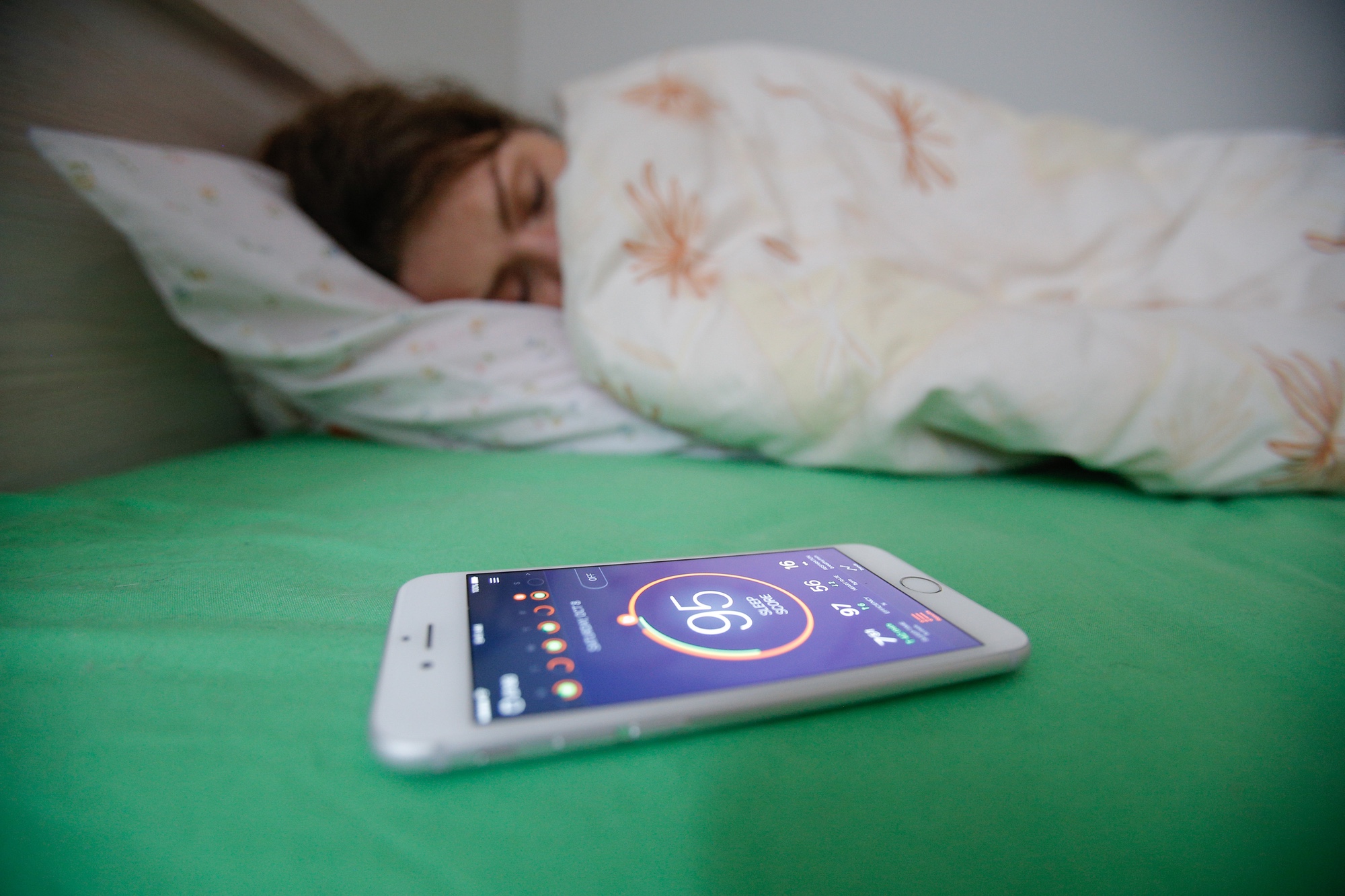Companies begin to target your dreams for advertising and everyone, including experts, is freaking out.

As if people do not see enough advertisements throughout the day. The brewing company, Coors, has launched a new marketing campaign attempting to advertise beer within dreams using targeted dream incubation (TDI). Other large brands such as Xbox and Burger King have also begun research into the engineering of dreams.
Psychologist and dream expert Dr Deidre Barrett said, “We saw the results come to life in the Dream Lab trial run when participants reported similar dream experiences including refreshing streams, mountains, waterfalls, and even Coors itself.”
TDI is the process of engineering an individual’s dreams into a specific theme and has been the subject of experimentation dating back to ancient Egypt. The process involves various ways to infiltrate the subconscious and is primarily used to ease PTSD subject’s nightmares.
Although TDI has been studied for thousands of years, the morals and ethics of mind penetration are still unclear.
How It “Works”
TDI requires technology that takes advantage of the senses, using images and sounds to shape dreams. Coors specifically asks consumers to watch a video before sleeping and play an hour-long sound bite throughout the night. The combination should mould the individual’s dreams into scenes of “refreshing beer”.
People throughout history invented techniques to change the content of their dreams, through meditation, painting, praying, and even drug use. Modern technology takes advantage of human senses, using external items to influence the mind.
A 2014 study found that smokers exposed to the smell of cigarettes and rotten eggs while they slept smoked 30% fewer cigarettes during the following week. There has also been an example of TDI reducing racial bias in individuals.
As seen, the influence of TDI can deeply affect individuals and their thoughts, raising concern over this ability in the hands of corporations.
Expert Opinion

Experts suggest that targeted dream incubation is a dangerous route, especially in the hands of major corporations that have been eager to open this door into our subconscious.
Bob Stickgold, a cognitive neuroscientist and professor of psychiatry at Harvard medical school, believes this could set a negative precedent. A precedent in which every major corporation will desperately try to capitalise on this technology. “Anything you could imagine an advertising campaign for, at all, could arguably be enhanced by weaponizing sleep,” Stickgold said.
The surge TDI has alarmed Stickgold and a large group of dream researchers who have signed a letter against the commercial use of TDI. The 40 researchers have actively voiced concerns over using TDI due to the unknown nature of the technology. As a letter from Sleep and Dream Research Team states, “TDI-advertising is not some fun gimmick, but a slippery slope with real consequences,” the letter warned. “The potential for misuse of these technologies is as ominous as it is obvious.”
No policies for this kind of technology currently exist, however national laws against subliminal advertising are set in place. Whether TDIs count as subliminal is unknown. However, attempts to manipulate people during sleep would count as an unfair trade process.
The Future
The future of this technology really depends on whether major corporations are willing to enhance this technology. The thought of this is mildly frightening as the enhancement of TDI tech can end up on the border of mind control.
As reported by The Guardian, Rob Stickgold highlights that home devices such as “Alexa” can play sound by their programmers. Devices that could be potentially used to play a sound that alters or mould your dreams without notice.

“You could have this sort of 1984 situation where advertisers buy advertising time on these devices, and nobody ever knows they’re hearing them.”
The concern and alarm are justified as the line between TDI and mind control become thinner. The researchers added that this is no “gimmick.”
“Dream incubation advertising is not some fun gimmick, but a slippery slope with real consequences,” they write on the op-ed website EOS. “Our dreams cannot become just another playground for corporate advertisers.”
Eerie Predictions
The television show Futurama made fun of this concept back in 1999, portraying the reality of advertisements in dreams. The show explained how it worked stating that the gamma radiation in the environment would trigger targeted ads during sleep.
This explanation is eerie and similar to current methods of TD, involving using external senses to trigger thoughts. The extreme outcome of this could be ads playing in our minds at any time due to the air itself being laced with advertisements.
Humans spend a third of their lives sleeping. So it’s only natural that corporations would attempt to cash in on that untapped source. However, the reason we spend so much time sleeping without regret is that allows us to separate from the world. At the end of the letter, Stickgold and his colleagues wrote that action is needed “To keep advertisers from manipulating one of the last refuges of our already beleaguered conscious and unconscious minds: our dreams.”
Subscribe to FIB’s Weekly Alchemy Report for your weekly dose of music, fashion and pop culture news!







